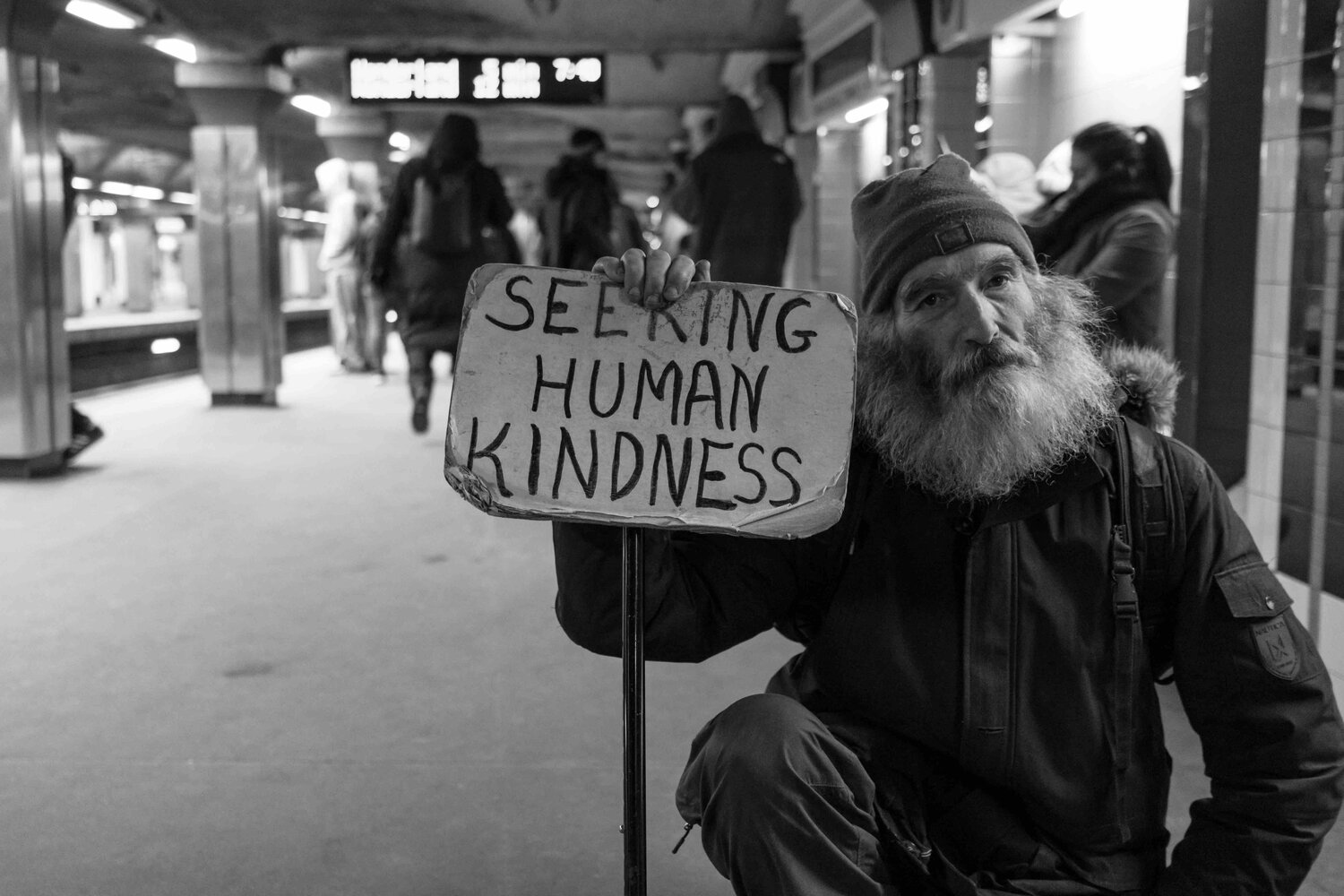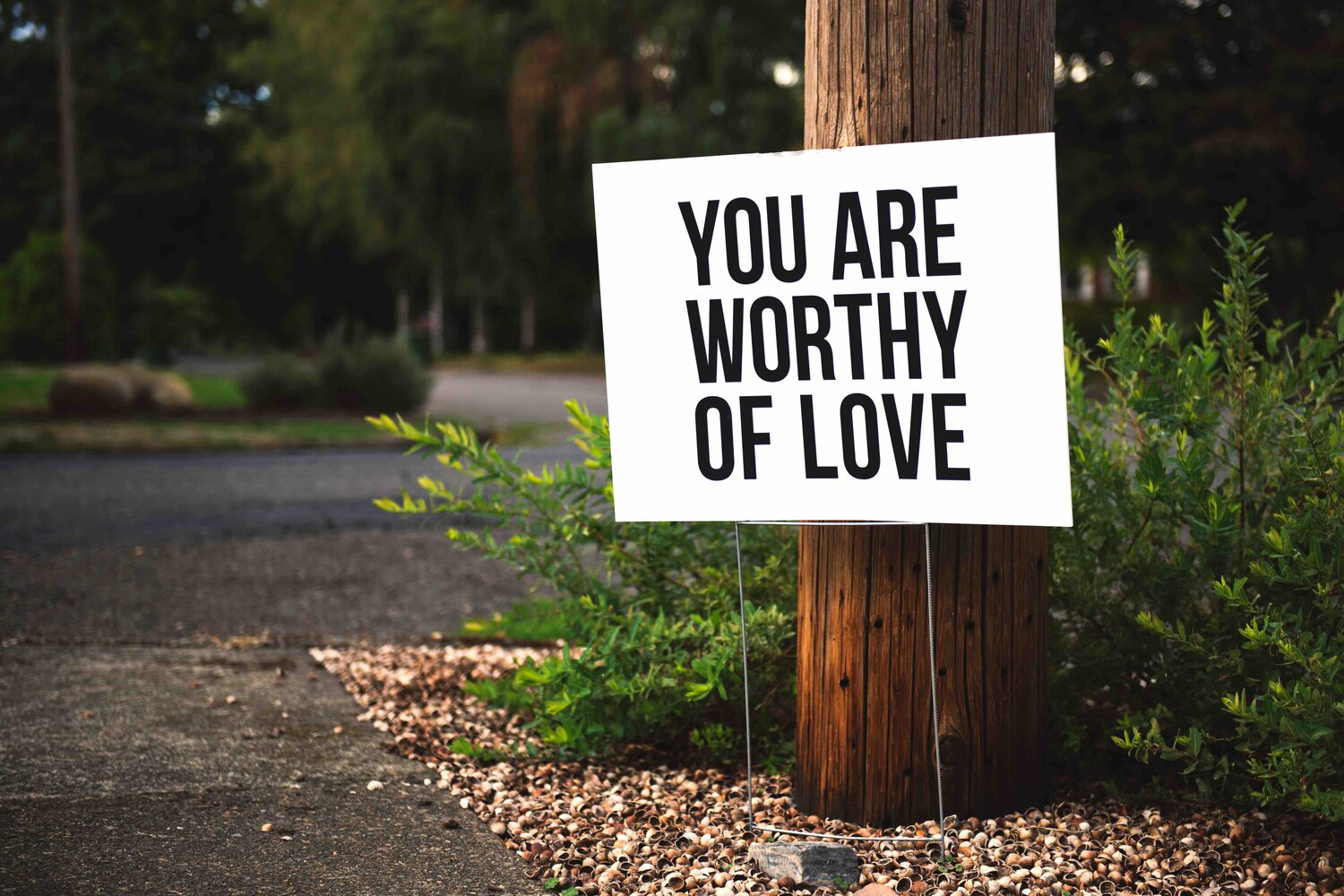
In this blog, we explore the work of Dr Kristin Neff and how self-compassion allows us to view ourselves in a more balanced and less painful light. Dr Kristin Neff is an associate professor in the University of Texas at Austin’s department of educational psychology and has conducted over twenty years of research on self-compassion.
What is self-compassion?
Founded within the principles of Buddhist philosophy, Neff defines self-compassion as containing three elements:
-
self-kindness vs self-judgement;
-
common humanity vs isolation;
-
and mindfulness vs over-identification.
Each of these elements are closely linked with many of the benefits of true life storytelling. For example, when sharing true life stories we often recognise that we have experienced pain or a difficult period in our lives (self-kindness); by sharing our pain and the lessons learnt from it with others we are experiencing human connection (common humanity); and by analysing our thoughts and feelings when it comes to certain life events we are holding painful experiences and emotions in awareness (mindfulness).

According to Neff, the central tenets of self-compassion can be linked to Buddhist philosophy
Self-kindness vs self-judgement
It is often the case that when humans experience failure – or even perceived failure – we beat ourselves up and punish ourselves with negative internal monologues. It can easily be argued that this is the result of societal norms and pressures, where being ‘the best’ or ‘successful’ is the goal and a competitive and results-focused mentality is rewarded.
The issue with a results-focused mentality is that expecting ourselves to attain such high-standards – which are little short of being perfect – is an unobtainable and unrealistic goal to set ourselves. Therefore, we are destined for a life of self-judgement and pain, which can most easily be avoided by altering our perspective to one of self-compassion.
According to Neff, “self-compassion means you are kind and understanding when confronted with personal failings”. By recognising that imperfections, difficulties and failure are inevitable we are able to be kinder to ourselves when confronted with them.
When writing a true life story, we are acknowledging our pain, that there are lessons learned and often provide a more balanced and self-compassionate account than what we tell ourselves privately. This helps us to realign our thought process surrounding the event to one which is more helpful and less judgemental moving forwards.

Being kind to ourselves is much more useful than beating ourselves up
Common humanity vs isolation
According to Neff, “social comparison and competition foster disconnection”. By viewing others in a competitive way, and viewing ourselves through a lens of self-judgement, “we ultimately feel more separate from others when the primary goal of our desire for success is to belong and to be loved.” Not only this, but when faced with adversity, we often feel as though “we” are the only ones who are suffering or making mistakes – further adding to a sense of isolation.
By viewing ourselves through a more compassionate lens, it is possible to recognise that pain, suffering and a sense of inadequacy is part of a shared human experience. Having compassion for yourself means that you “honour and accept your humanness”, with the understanding that all of us experience vulnerability and setbacks.
By sharing our pain and the lessons learnt from it through telling true life stories, we can subvert this feeling of isolation to one of human connection. Stozzys.com was built upon this premise and the idea that “a problem shared is a problem halved”.

There is connection to be found in understanding that all humans experience an element of pain and suffering at some point in their lives
Mindfulness vs over-identification
With the recognition of common humanity, comes the ability to process our circumstances whilst relating them to the experiences of others who are also suffering. In other words, it enables us to place our own situation into a wider context. By doing so, we are able to pay attention to our situation more purposefully, in a non-judgemental way. Neff argues that this is the third element of self-compassion: being mindful rather than over-identifying with our emotions. We are acknowledging our pain without allowing it to be exaggerated – or, “over-identifying” with it.
True life storytelling is means through which we can view situations in such a way, leading to a more balanced account of what happened during and leading up to a particular experience.

Neff says that the third element of self-compassion is being mindful rather than over-identifying with our emotions.
Conclusion
Through Neff’s work, it is possible to see that true life storytelling enables us to tap into the three elements of self-compassion. By recognising we have experienced pain, we are able to be kinder to ourselves; by sharing our pain and the lessons we have learnt from it, we are able to subvert feelings of isolation to those of connectedness; and by recognising our common humanity we are able to pay attention to our emotions and circumstances in a more purposeful and less judgemental way.
Words by Lydia Paleschi
If you would like to share your true life story, you can do so via the share stories page.
Alternatively, you can explore the Stozzys true life story repository via the read stories page.
